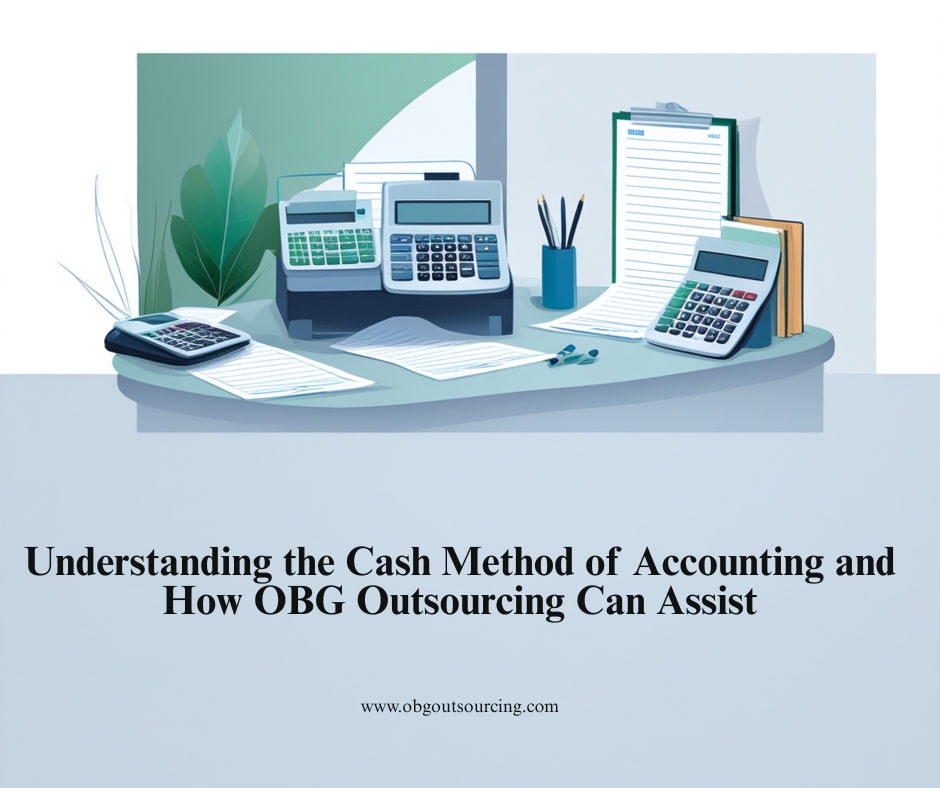What is the Cash Method of Accounting?
The cash method of accounting is a simple and widely used accounting method where businesses record income and expenses only when cash is actually received or paid. Under this method, revenues are recognized when cash is collected, and expenses are recognized when they are paid, rather than when they are incurred. This contrasts with the accrual method, where revenues and expenses are recognized when they are earned or incurred, regardless of when cash changes hands.
How Does the Cash Method Differ from Other Accounting Methods?
- Accrual Method vs. Cash Method: The accrual method of accounting records income and expenses as they are earned or incurred, regardless of when the cash transaction takes place. For example, under accrual accounting, if a company makes a sale on credit, it recognizes the revenue at the point of sale, not when the cash is received. The cash method, however, would only recognize the revenue when the payment is actually received.
- Simplicity vs. Complexity: The cash method is simpler and more straightforward because it only records transactions when cash is exchanged. In contrast, the accrual method is more complex as it requires businesses to account for outstanding revenues and expenses that may not have been settled in cash.
- Tax Implications: The choice between cash and accrual accounting can have tax implications. Small businesses often prefer the cash method for tax purposes because it allows them to defer taxes on income that hasn’t been received yet, which can be advantageous for cash flow management. However, larger businesses or those with inventories often use the accrual method to comply with tax laws and regulations.
Advantages of the Cash Method of Accounting
- Simplicity: The cash method is easier to implement and understand, making it an excellent option for small businesses.
- Cash Flow Control: Since income and expenses are only recorded when cash changes hands, businesses can have a clearer understanding of their cash position at any given time.
- Tax Benefits: By recognizing revenue only when cash is received, businesses can delay paying taxes on income that hasn’t yet been received, improving their cash flow.
Challenges of the Cash Method of Accounting
While the cash method offers several advantages, it does have some limitations:
- Limited Insight into Future Financial Health: Since the cash method doesn’t account for future receivables or payables, it may not offer a complete picture of a business's financial health.
- Not Suitable for Larger Businesses: As businesses grow and their operations become more complex, the accrual method may be required to accurately match revenues and expenses.
- Tax Compliance: Some businesses may be required by tax authorities to use the accrual method instead of the cash method, depending on their size and industry.
How OBG Outsourcing Can Assist
OBG Outsourcing specializes in providing expert accounting services for small to mid-sized businesses. We can help you set up and manage your cash method of accounting, ensuring that your bookkeeping is accurate and compliant. Here's how we can help:
- Accounting Setup: We help you set up the cash method of accounting, ensuring that your financial records align with your business model.
- Streamlined Financial Management: We assist with maintaining up-to-date records, so you always have a clear picture of your cash flow.
- Tax Compliance: OBG Outsourcing ensures that your tax filings are accurate, leveraging the cash method for maximum tax efficiency while staying compliant with local regulations.
Consultation and Support: Our team provides expert advice and ongoing support, helping you navigate the complexities of cash-based accounting.
 USA
USA UK
UK Australia
Australia UAE
UAE Canada
Canada

_(7).jpg)
_(6).jpg)


_(5).jpg)
.jpg)
_(4).jpg)
_(1).jpg)
_(2).jpg)
.png)